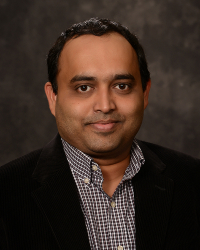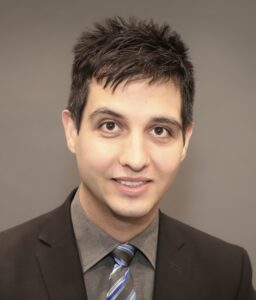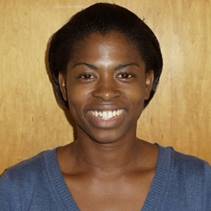WebEx Link: http://s.uconn.edu/meseminarf20
Password: Sent by Email.
Abstract: Advances in electrochemical energy storage are critical toward enabling vehicle electrification and renewable energy integration into the electric grid. Recent years have witnessed an urgent need to accelerate innovation toward realizing improved and safe utilization of high energy and power densities, for example in lithium-ion batteries for electric vehicles. These are complex, dynamical systems which include coupled processes encompassing electronic/ionic/diffusive transport in solid/electrolyte phases, electrochemical reactions, diffusion induced stress generation, and thermal transport in porous electrodes. Fundamental understanding of the underlying transport, chemistry, microstructure, and interface interactions in porous electrode architectures is of critical importance. This talk will highlight the role of mesoscale complexations and stochasticity with examples from different battery chemistries.
Bio Sketch: Partha P. Mukherjee is currently an Associate Professor of Mechanical Engineering at Purdue University. Before joining Purdue, he was an Assistant Professor and Morris E. Foster Faculty Fellow of Mechanical Engineering at Texas A&M University (TAMU). Prior to starting his academic career at TAMU in 2012, he worked for four years in the U.S. Department of Energy Labs; a staff scientist (2009- 2011) at Oak Ridge National Laboratory, and a Director’s research fellow (2008-2009) at Los Alamos National Laboratory. He received his Ph.D. in Mechanical Engineering from the Pennsylvania State University in 2007. Prior to PhD studies, he worked as an engineer for four years at Fluent India Pvt. Ltd, a fully-owned subsidiary of Fluent Inc., currently Ansys Inc. He received the Scialog Fellows’ recognition for advanced energy storage, Purdue University Faculty Excellence Award for Research, visiting faculty lectureship at the International Center for Theoretical Physics (ICTP, Trieste, Italy), TMS Young Leaders Award, emerging investigator distinction from the Institute of Physics, to name a few. His research interests are focused on mesoscale physics and stochastics of transport, chemistry and microstructure interactions, including an emphasis in the broad spectrum of energy storage and conversion.


